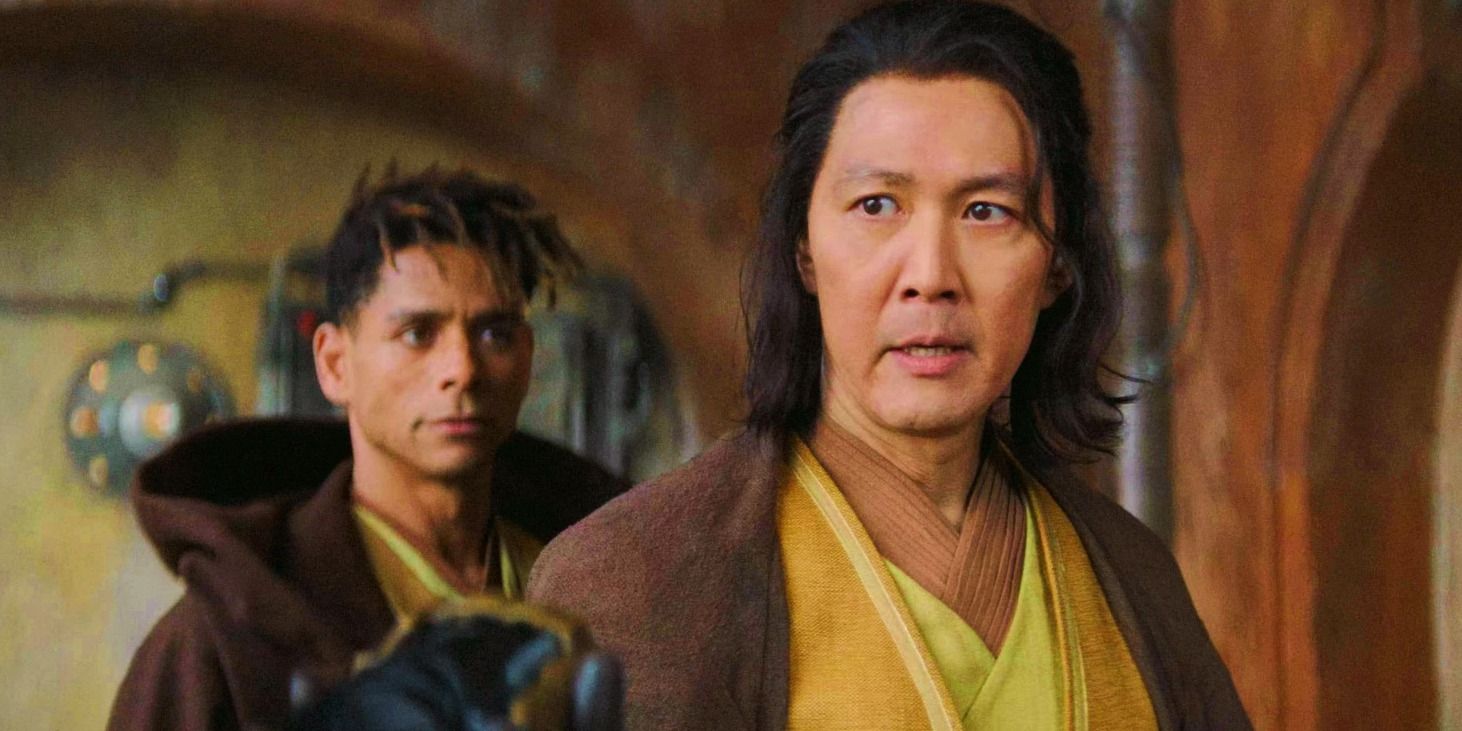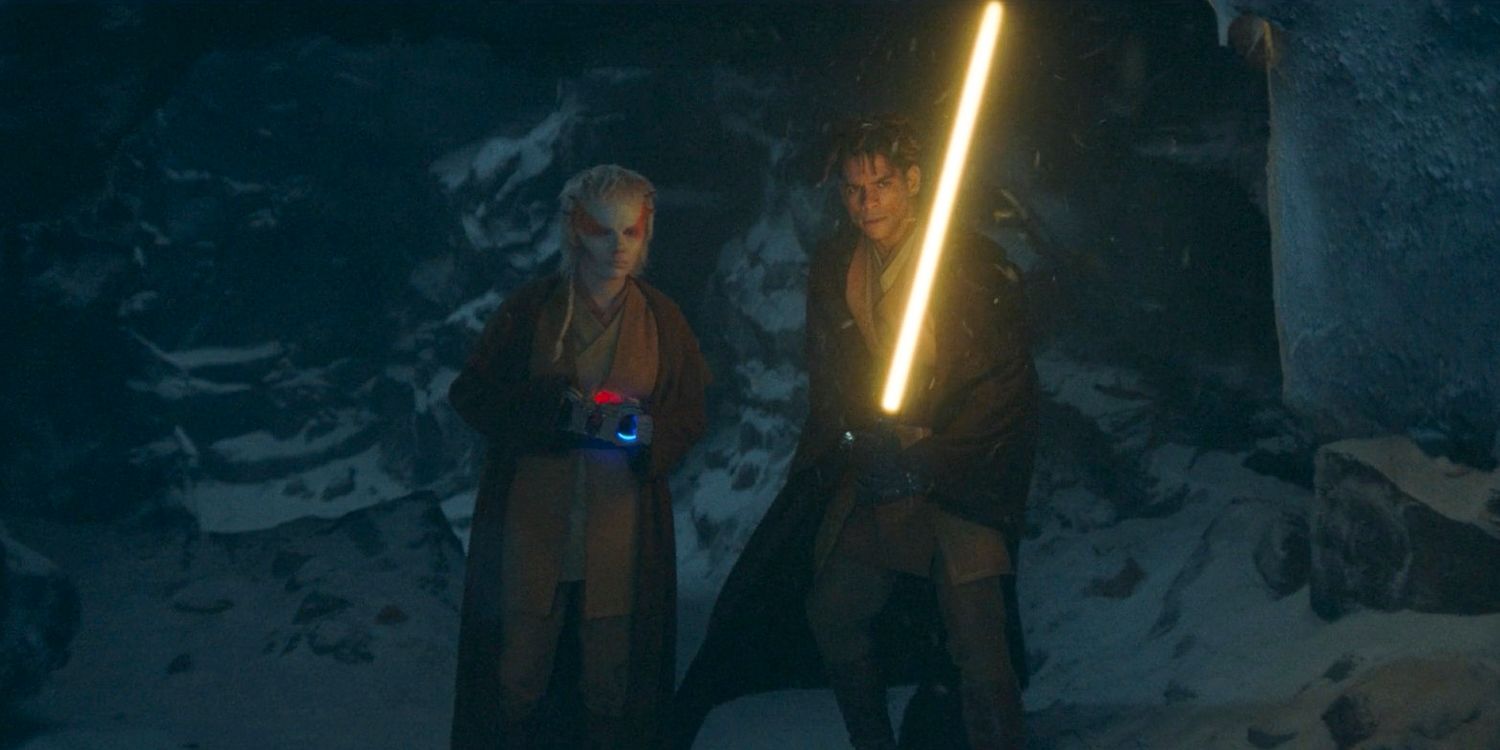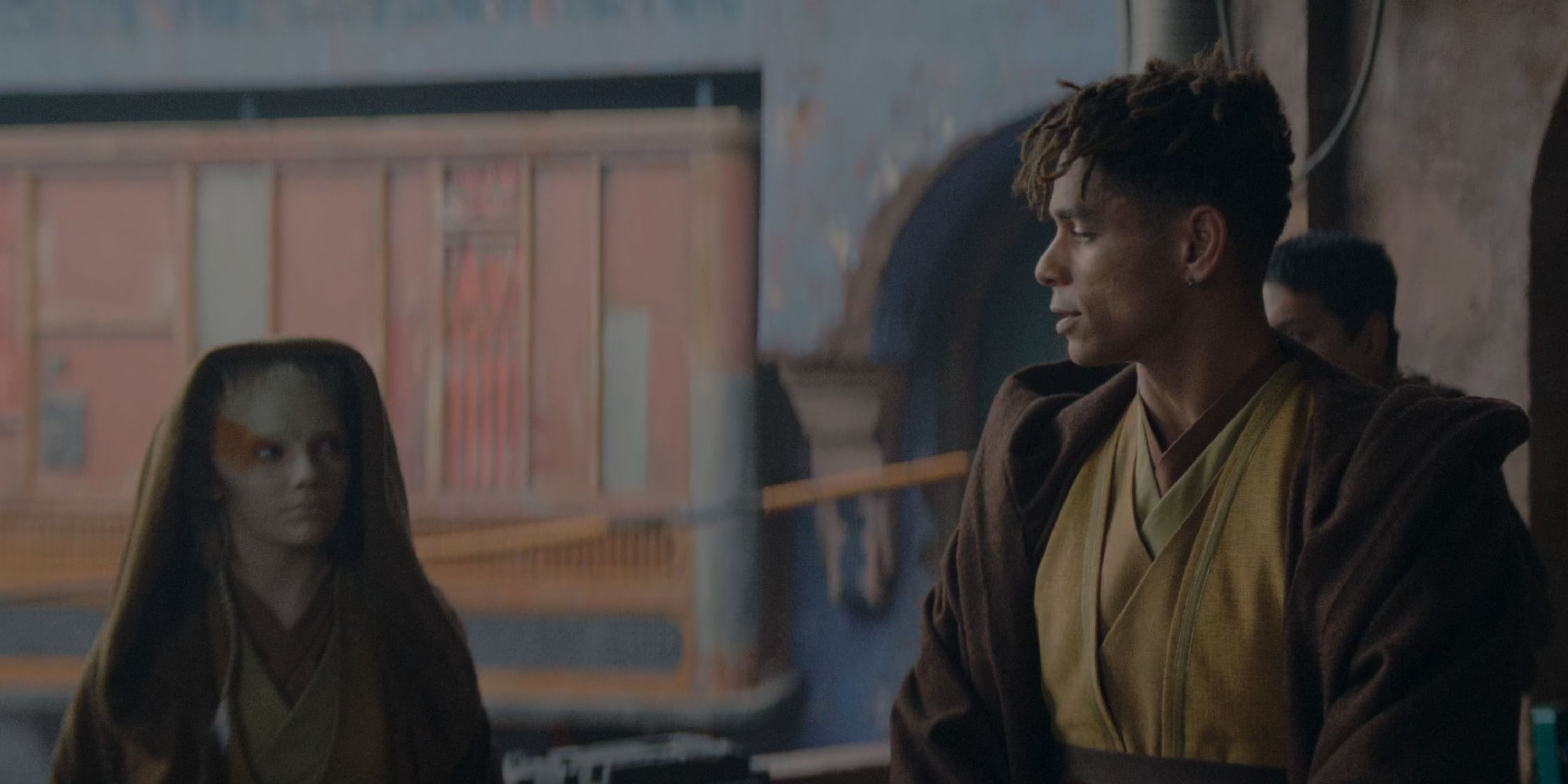
As a prequel to the prequel trilogy, The Acolyte has a lot more flexibility than other Star Wars projects have to change the rules of the game; after all, the High Republic Era, considered the golden age of the Jedi and the Republic, has yet to be shown on screen, meaning possibilities are wide open. However, while some changes are truly inventive, others are downright obvious. One such change is all about the Jedi dynamics, and, despite its obviousness, it wasn’t evident in the prequels.
The Acolyte Remembers That Jedi Won’t Always Get Along

The Acolyte has drawn much more attention to the fact that, just because the Jedi share a philosophy and a way of life, it doesn’t mean they will work well together or even like each other. Yes, the Jedi had tense moments in the prequels (mostly to do with Anakin Skywalker) and Anakin was clearly ostracized, but there was a general sense of camaraderie that buried plenty of issues beneath the surface. Outside of Anakin, who was certainly an anomaly in almost every way, the closest the prequels get to actual conflict between the Jedi was Qui-Gon Jinn’s defiance.
There was a general sense of camaraderie that buried plenty of issues beneath the surface.
The Acolyte has already proven it won’t be following the prequel trilogy’s pattern of harmonious decision-making and friendly relationships. In fact, although Master Sol expressed sadness that Master Indara—whom he described as his friend—had died, he remained emotionally distant while discussing her passing. Moreover, Master Sol already hasn’t hesitated to critique the Jedi’s need to meet and come to an agreement over issues rather than take action when a problem arises. So far, dynamics in The Acolyte have been more reminiscent of the tense conversations among the New Republic senators in Ahsoka.
Star Wars Has Forgotten That Some People Will Always Clash

Jedi Padawan Jecki Lon and Jedi Knight Yord also make clear that not all Jedi are going to get along. While, yes, Anakin and Obi-Wan had plenty of banter with one another, Jecki and Yord are much more genuinely antagonistic to one another. In fact, Jecki clearly undermines Yord’s plan at one point, and when Master Sol sides with Jecki, Yord is visibly annoyed. Ultimately, this is a much more realistic representation of how things really would have operated in the Jedi Order.
In truth, the Jedi of the prequel trilogy era weren’t really getting along so perfectly either. That’s abundantly clear given the Jedi who left the Order, from Count Dooku to Ahsoka Tano. There was plenty of tension, disillusionment, and even resentment within the Order that was going unaddressed.
There was plenty of tension, disillusionment, and even resentment within the Order that was going unaddressed.
After all, pretending to be Ahsoka’s friend while really despising what the Jedi had become was how Barriss Offee initially successfully framed Ahsoka for murder. Perhaps this very light being shed upon the Jedi not always working well together in The Acolyte will elucidate why the prequel trilogy Jedi, the Jedi Council in particular, were so focused on being unanimously unified. For now, though, it’s clear that Star Wars: The Acolyte won’t shy away from the truth about the Jedi dynamics in Star Wars.





